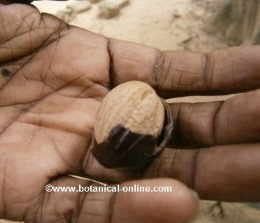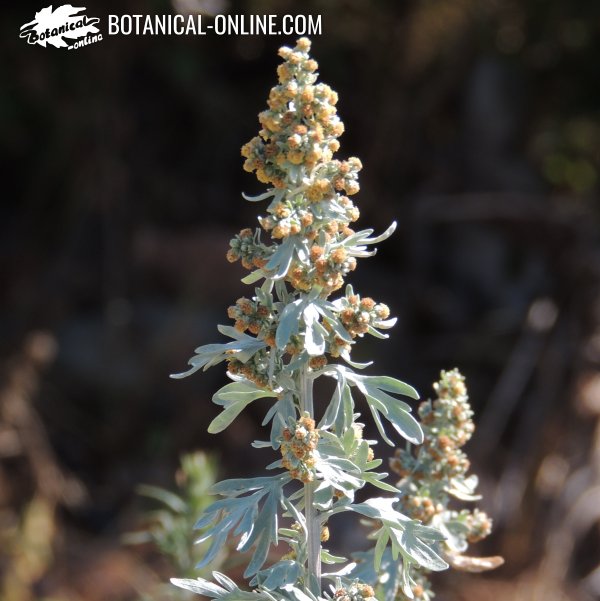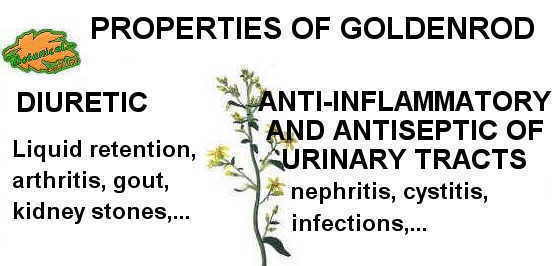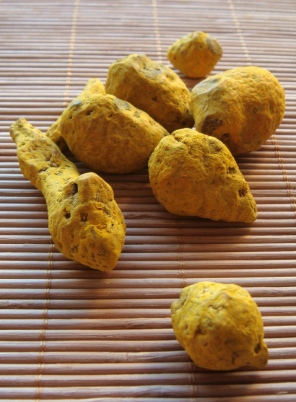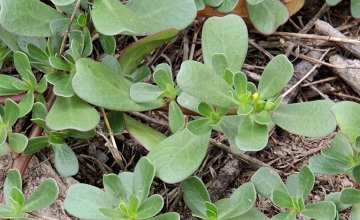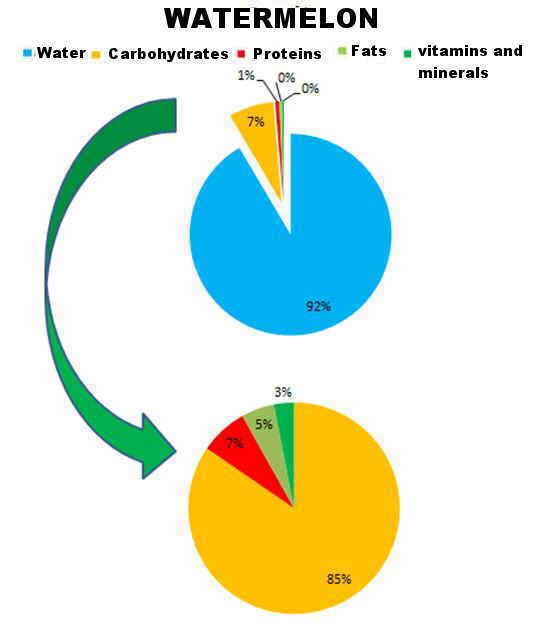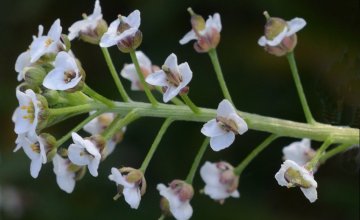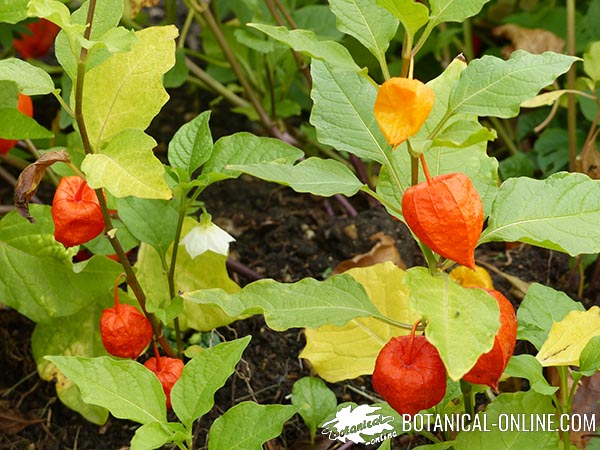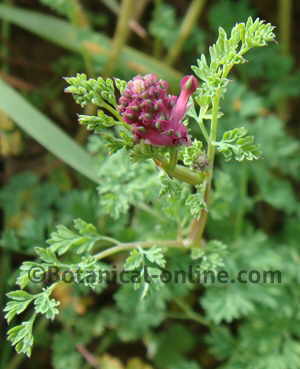Contents
Herbal treatment of gastritis
Phytotherapy. Medicinal plants remedies for gastritis
The primary role of phytotherapy in the treatment of gastritis is to use those plants with the following purposes:
- Gastric protective plants: able to protect and repair the gastric membrane
- Carminative plants to facilitate the expulsion of gases and avoid bloating.
- Anti inflammatory plants, able to reduce bowel inflammation that accompanies many gastrointestinal diseases.
- Digestive plants, which will help digest food better.
- Sedative and antispasmodic plants, which will promote stress reduction sometimes responsible for gastritis.
Medicinal plants for gastritis
Among all the suitable plants, the most important ones are the following:

Photography of nutmeg seed, which is ground and used as a spice Chamomile (Matricaria chamomilla) Because of his condition of protector and repairer of the gastric membrane, it is very suitable in all those affections in which it is affected some organ of the digestive tract. (Infusion of a spoonful of dry flowers per cup of water. Drink 2 or 3 cups per day)
- Rosemary (Rosmarinus officinalis) Taken after meals, by means of infusions, it is a good way for a better digestion, preventing the onset of symptoms of a bad digestion such as, gastritis, bloating, flatulence, aerophagia and heartburn (Infusion of a spoonful of dry flowers per cup of water. Drink 2 or 3 cups per day)
- Nutmeg (Myristica fragrans) (3 g of powdered nutmeg divided in three doses. Spread on food after the three main meals)
- Strawberry (Fragaria vesca) It’s got anti inflammatory properties, suitable to treat gastritis. (Infusion of a spoonful of dry leaves per cup of water. Drink 2 or 3 cups per day)
- Anise (Pimpinella anisum) Flatulence or farts are due to excess gas in the digestive tract. A useful way to combat flatulence is to use the fruits of this plant. Anise is one of the best carminative plants, able to force the removal of excess gases accumulated in the intestine and reduce their production, which helps remove abdominal swelling and is useful in eliminating the pains that accompany the swollen belly. (10 minutes infusion of 1 teaspoon of dry seeds per cup of water. Drink two cups a day taking three or four sips from time to time)
- Aronia (Aronia melanocarpa) Anthocyanins from aronia protect the gastric mucosa and have slight anti-inflammatory effect (Take an aronia supplement)
- Lime (Citrus aurantifolia)It contains limonene that stimulates production of mucus in the stomach and has anti-inflammatory effects against gastritis (Drink lime juice a few times a day. Infusion of a teaspoon of dried leaves or a piece of lime rind, 3 times a day. Introduce a piece of lime in a glass of water to give it a refreshing value and to enjoy its medicinal properties)

- Tarragon (Artemisia dracunculus) After lemon, tarragon is the most important natural source of nerol. This component is related to the treatment of gastritis, because it is effective against the bacteria H. pylori and because of its anti-ulcer properties. (5g infusion. of leaves in 250ml. of water).
- Bay (Laurus nobilis) It helps the stomach and liver preventing, flatulence, aerophagia, gastritis, and intestinal spasms. Eugenol is fundamental because of its carminative, anti ulcerous and hepatoprotective properties. (Infusion of a pair of leaves in a cup of water for 10 minutes. 4 cups per day)
- Agrimony (Agrimonia eupatoria) The anti-inflammatory capacity of tannins, flavonoids and acids is extremely effective in the treatment of many gastrointestinal problems. Liverwort preparations are capable of solving problems of poor digestion in the presence of flatulence, heartburn, or gastritis. (Infusion of a teaspoon of dried flowers per cup of water. A couple of cups a day.)
- Moringa (Moringa oleifera): It has been proven that moringa is able to decrease the excess of acid in the stomach by increasing serotonin levels and encouraging the production of bicarbonate and mucus by goblet cells, which are responsible for producing mucus that protects the mucous membranes.
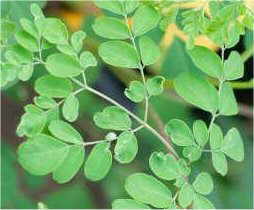
- Oak (Quercus spp.) Gallic acid, besides being astringent, has anti-inflammatory properties because of flavonoids. (Decoction of a teaspoon of ground bark for each glass of water. (5 g.) Drink 2 glasses)
- Dog rose (Rosa canina) Very useful to treat gastritis, flatulence, or stomachache (A teaspoon of dry petals, soaked for 5 minutes in hot water. Take a cup after meals.)
- Marshmallow (Althaea officinalis) In the treatment of disorders of the digestive system is interesting for the treatment of gastric mucosal irritation. It exerts anti-inflammatory and protective properties on the mucosa, so it is suitable for treating the gastritis (Infusion of a teaspoon of dried flowers and leaves per cup of water for 10 minutes. Two cups a day)
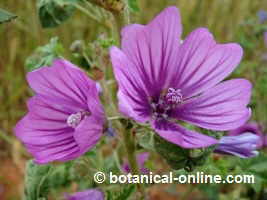
- Violet(Viola odorata) A tea from dried flowers can help reduce inflammation of gastric mucosa (infusion of one teaspoon of dried flowers per cup of water. Drink two cups a day)
- Hibiscus (Hibiscus rosa-sinensis) Infusions of these plant can be used to treat digestive problems that refer to irritation or inflammation of mucous membranes, such as gastritis, indigestion or heartburn. (Infusion of a spoonful of the dried plant. Take a couple of cups a day)
- Sage (Salvia officinalis) (infusion of dried leaves) Stomachic, anti gastritic, astringent and anti-vomit. Against difficult digestions, gastritis, diarrhea and vomits (Drink tree cups a day of the infusion of 15 g. of dry leaves per liter of water)
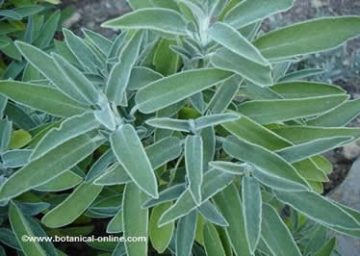
- Meadow clary (Salvia pratensis) For those who usually have a heavy feeling in their stomachs it is a good remedy to have a couple of glasses every day, containing the maceration of dry leaves in red wine.
- Clary sage ( Salvia sclarea) Infusions of this plant are very digestive
- Basil (Ocimum basilicum) It helps digestion and prevents stomach spasms and is very useful in cases of gastritis, of hiatal hernia, flatulence, etc.(Infusion of a handful of dry leaves – about 15 g. – per liter of water. Drink 3 cups a day after meals)
- Lavender cotton (Santolina chamaecyparissus) Its properties are similar to the rest of camomiles, favoring digestion in those cases when, flatulence, acidity or stomach ache, gastritis, appear) (Infusion of 7 flower heads in a cup of boiling water. Two cups a day)
- Chicory (Cichorium intybus) it favors digestion, prevents gastritis, and increases appetite (Decoction of 30 g. crushed dried roots per liter of water. A small cup before eating)
- Valerian (Valeriana officinalis) It is an ideal relaxant (Infusion of a spoonful of dried herb per cup of water. A couple of cups a day)
| Gentian (Gentiana lutea) Some experts suggest that the bitter principles of gentian, used with ginger and liquorice, can be useful for the treatment of gastritis and ulcers.However, others warn that these principles, because they increase gastric acid and bile content, can worsen the inflammation of the stomach or ulcers and that this plant should never be used when the patient has heartburn, caused by hyperchlorhydria, inflammation or ulceration of the stomach. According to them, when in doubt, it is better to resort to other safer plant remedies. |
Home remedies for gastritis
- Honey and gastritis: Honey solves problems of gastritis in many occasions. Although no one knows the precise reasons, eating some toast with honey seems to help eliminate the germs that cause this disorder.
- Carrot juice and gastritis: Carrot juice has become very efficient to stop gastritis, especially when combined with spinach. A very well known remedy to cure gastritis consists on a mixture of 150 g of spinach juice with 300 g of carrot juice (This remedy because of its content in oxalates is not valid for those patients suffering from gallstones or kidney stones)
- Rice water and gastritis: Rice is very rich in starch. The starch, mixed with water, has demulcent properties. Demulcent components are the ones that protect the internal mucous or the external skin. The rice water has demulcent properties, able to smooth the irritated stomach; that is why it is very suitable in case of gastritis or stomach ache.
Other natural treatment for gastritis
Since gastritis sometimes has a psychosomatic origin, it is appropriate to initiate some kind of natural therapy aimed to reduce stress or emotional tension.
![]() More information about remedies for gastritis
More information about remedies for gastritis

